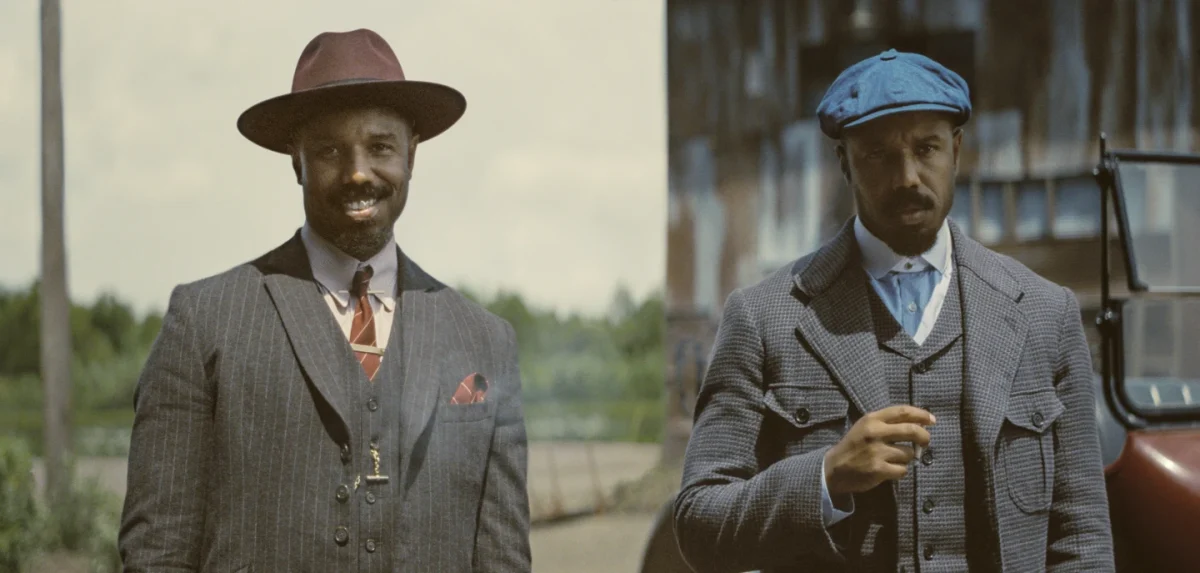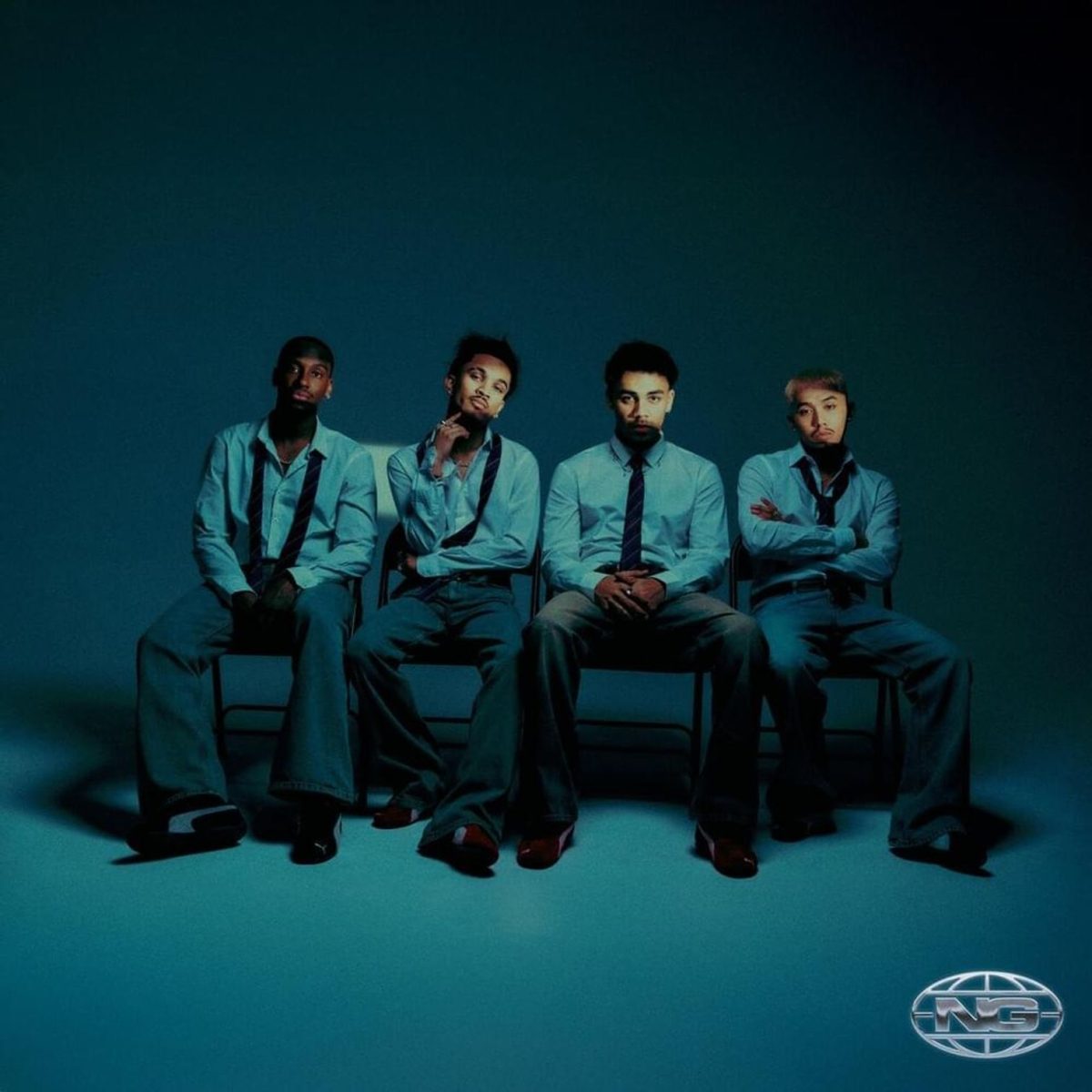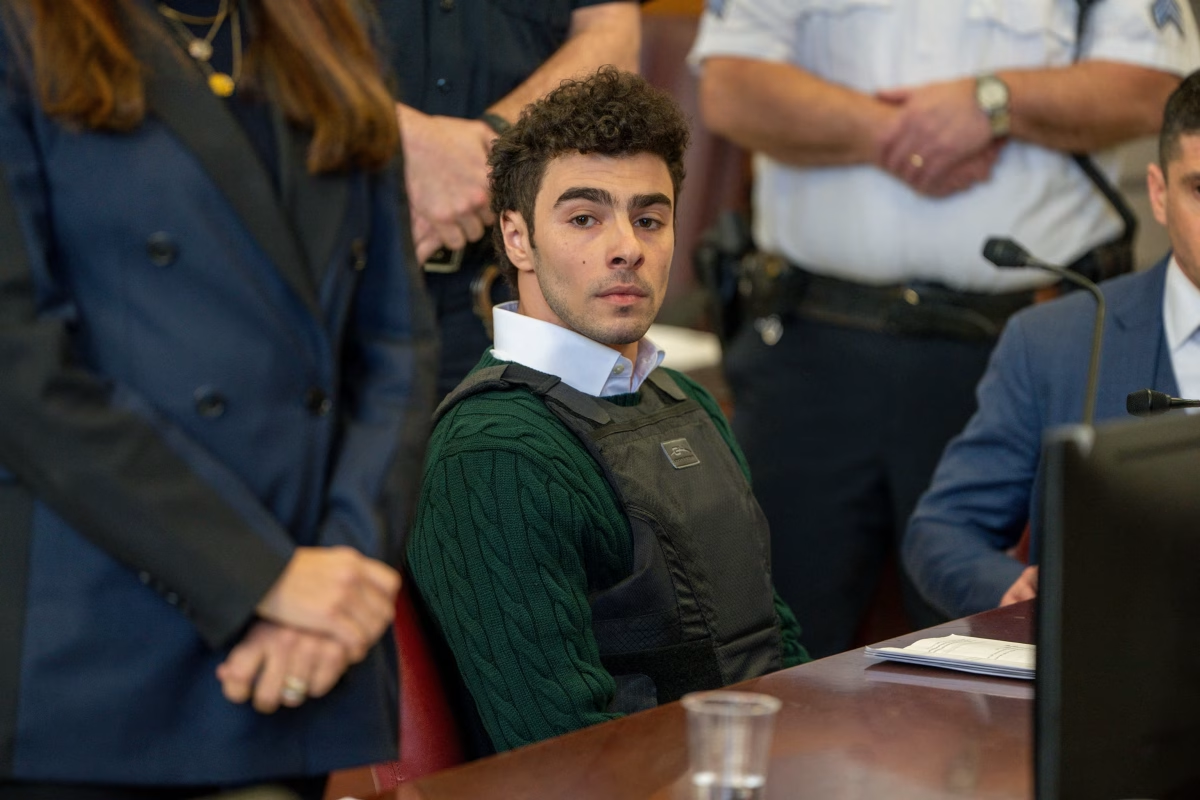Park University receives and graduates a large number of international students every semester – all of them trying to find an education that will help them find a job.
The process of finding a job in the United States for an international student is a unique process and can be much more complicated than one might think.
Ali Abbasov, graduate assistant at the international students admissions and services, ISAS, explained the different processes a student needs to go through in order to maintain their status and be able to work in the United States.
“Students on F1 visa the opportunities are very limited,” said Abbasov. “International students cannot work off campus, they only have 3 options: workstudy, CPT, and financial hardship.”
The first option, work study, is an option many undergraduate students apply for. They are able to work on campus up to 20 hours a week during the semester and 40 hours during summers. For graduate students the option of graduate assistance is open in which they are able to work and cover tuition and have some salary.
Curriculum practicum training, CPT, students need to find a job or internship related to their major in order to work off campus and maintain their status. Once they get a letter from the employer stating job description, and number of hours they get approved and are eligible to work in the US.
The third option is financial hardships, which, according to Abbasov, students have to pay $380 to apply and to work part time. Students who apply for economic hardship have to prove need of financial assistance or as Abbasov said, “Unexpected changes in the family that they can’t support their children anymore.”
Students can apply to these three different options and to OPT as soon as they graduate.
“OPT is after you graduate,” said Abbasov. “It stands for optional practicum training and students can apply after they complete their degree.”
International students close to graduation who which to work in the United States and maintain their legal status can apply 90 days before graduating and will receive their work authorization card soon after graduation.
“We encourage students to apply two or three months before graduating,” said Abbasov. “Once they apply students need to find a job in the following 60 days and they will have the right to leally work, if they cannot find the job they have to enroll in another program to maintain their status or they have to leave.”
Students who are not eligible to study or do another program, according to Abbasov, OPT means full time. Students are able to study and work under CPT.
“Lets say you have a bachelors and then you do OPT,” said Abbasov. “Then you do your masters, you can do OPT. After each program that you complete you can get OPT.”
According to Abbasov, almost every international student at Park applies for OPT. The ISAS is open to help student apply for the different authorizations and send them to the department of homeland security for approval.
Even though the process seems to be fairly easy, international students find it somehow complicated.
“As an international student it has been pretty complicated for me to find a job in the US,” said Rob Cordero, senior business major from Venezuela. “The first think that employers ask you when you go there and find a job is for your legal status and once you say that you are an international student they say you can’t work there, they just decline the possibility for you to work in those places.”
Cordero has been at Park for three years and is a volleyball player. He does some small jobs such as cutting grass and helping out to get some extra money. Right now, he is doing his internship at Park to get experience in his field.
“I think that is complicated for us once we get our degree,” he said. “Because when we go out there to find a job one think they ask is for experience, but how can we have any experience if we are not allowed to work or the jobs we can do aren’t enough.”
According to Cordero, he has tried several times to find a job off campus but always hearing the same answer – no.
“I am doing my internship here at park so I can at least have something,” he said. “I feel like I am behind in comparison with American students.”
Students like Cordero hope to find a job after graduating and continue to find opportunities that will let them work in the United States.
“For my internship I can only work 20 hours during the semester and 40 hours during the summer,” Cordero said. “I cannot work fulltime otherwise after I graduate I won’t have the work permit for a year and I want to apply for it.”







